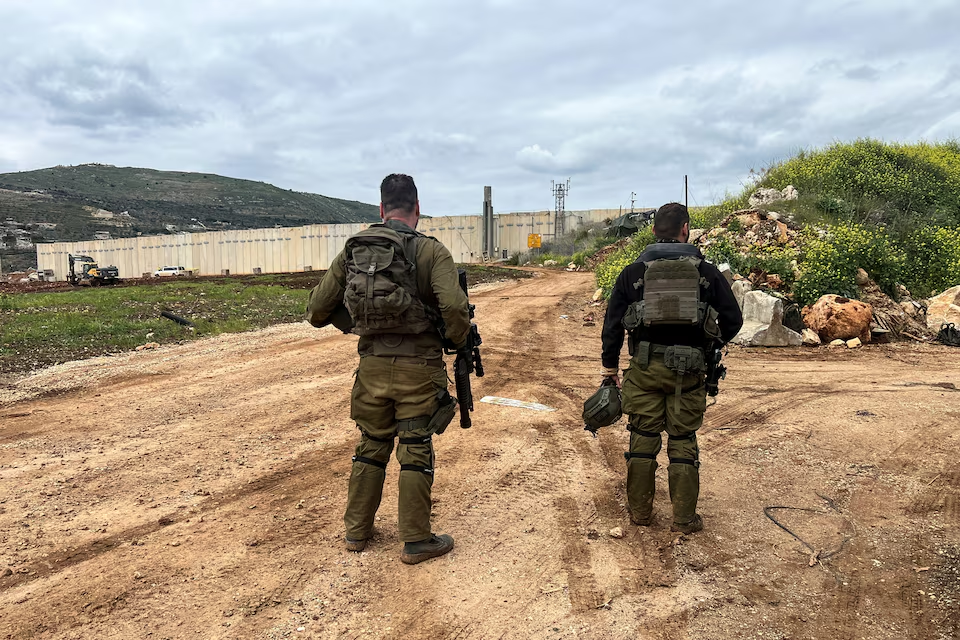A fragile truce between Israel and Hezbollah faces its biggest test yet after a fresh exchange of fire across the Lebanese-Israeli border. Israeli artillery and airstrikes hit southern Lebanon on Saturday in response to rockets launched from across the border, marking a dangerous escalation in a region already strained by conflict.
The clash threatens to unravel the ceasefire that ended a year-long war between Israel and Hezbollah, which had been the deadliest spillover of the Gaza war.
For months, hostilities simmered along the border before escalating into an intense Israeli offensive that targeted Hezbollah’s senior commanders, fighters, and weapons stockpiles.
Saturday’s confrontation is the first since Israel effectively abandoned a separate ceasefire with Hamas in Gaza. Hezbollah and Hamas are both backed by Iran, Israel’s longstanding adversary.

Earlier in the day, the Israeli military reported intercepting three rockets launched from a location approximately six kilometers (four miles) north of the border. This marks the second cross-border rocket attack since a U.S.-brokered ceasefire in November ended the previous round of fighting.
In response, Israel’s military returned artillery fire, and Lebanese state media confirmed Israeli strikes on at least five towns in southern Lebanon. There have been no reported casualties so far.
READ ALSO: Mark Carney’s Push for Internal Free Trade: Canada’s Bold Response to U.S. Tariffs
While no group has claimed responsibility for the attack, Israel’s military vowed to “respond severely to the morning’s attack” and is investigating the source of the rocket launches. Hezbollah has yet to issue a statement.
Under the terms of the ceasefire agreement reached in November, Hezbollah was prohibited from maintaining weapons in southern Lebanon, Israeli forces were to withdraw from the region, and Lebanese army troops were expected to take control of the area.

The deal placed the responsibility on the Lebanese government to dismantle all military infrastructure in the south and seize unauthorized weapons.
Despite this agreement, each side has accused the other of failing to comply fully. Israel insists that Hezbollah continues to maintain military operations in the south, while Lebanon and Hezbollah claim Israel has not fully withdrawn, citing ongoing airstrikes and troop presence at five strategic hilltop positions near the frontier.
Lebanese Prime Minister Nawaf Salam warned of renewed military operations in the south and stressed that Lebanon must maintain control over decisions of war and peace. “All security and military measures must be taken to show that Lebanon decides on matters of war and peace,” he said in a statement.

Meanwhile, Israeli Defense Minister Israel Katz placed the blame on Lebanon’s government for the rocket attacks. “We will not allow rocket fire from Lebanon on the Galilee communities. We promised security to the communities of the Galilee – and that is exactly how it will be. The rule for Metula is the rule for Beirut,” Katz declared.
The ceasefire had brought a temporary halt to Israel’s bombardments and Hezbollah’s rocket barrages, but with each new exchange of fire, the agreement appears increasingly fragile. The lack of trust between both sides and ongoing military activity in the region suggest that without renewed diplomatic efforts, further escalation may be inevitable.
Discover more from Scoop Hub
Subscribe to get the latest posts sent to your email.

